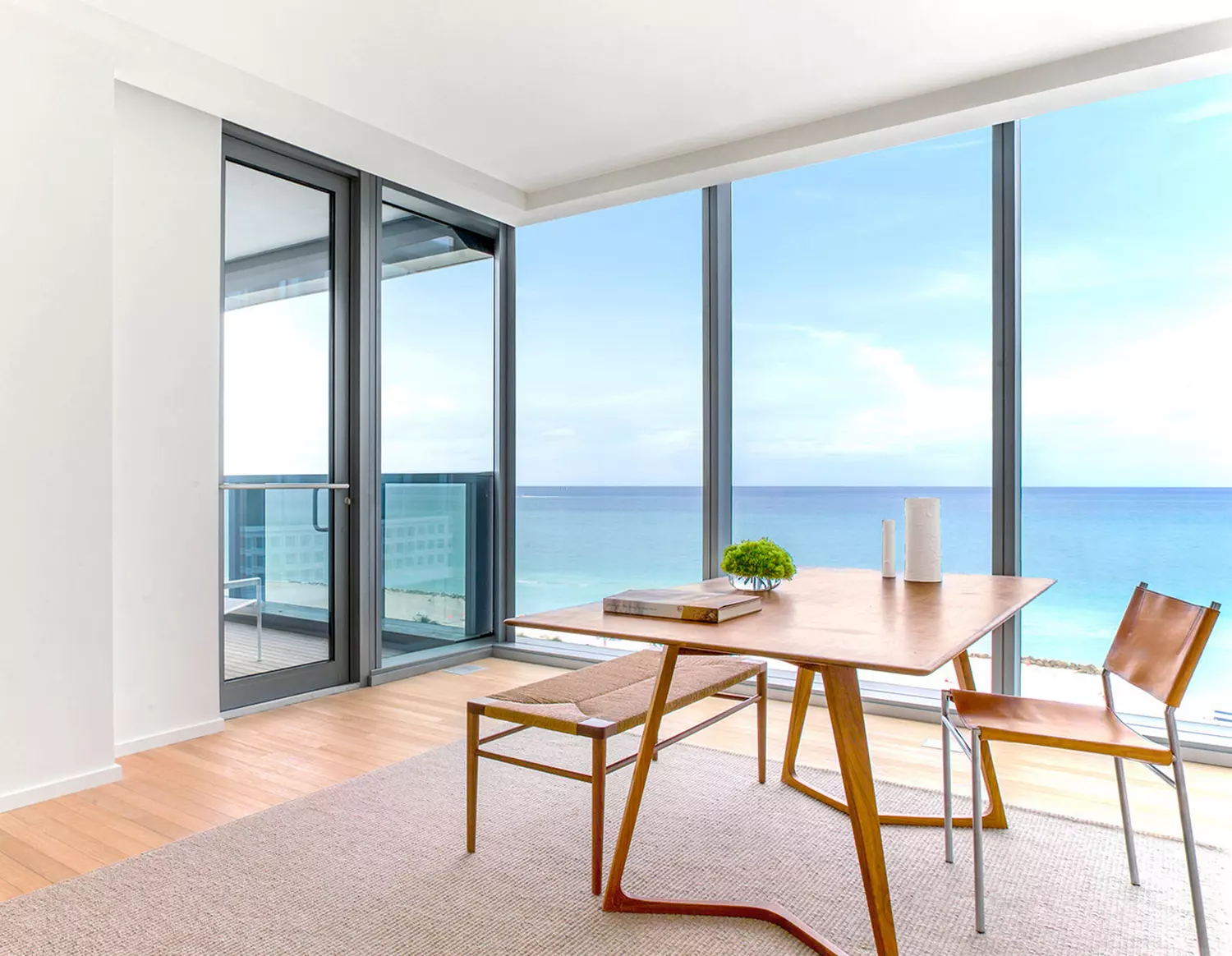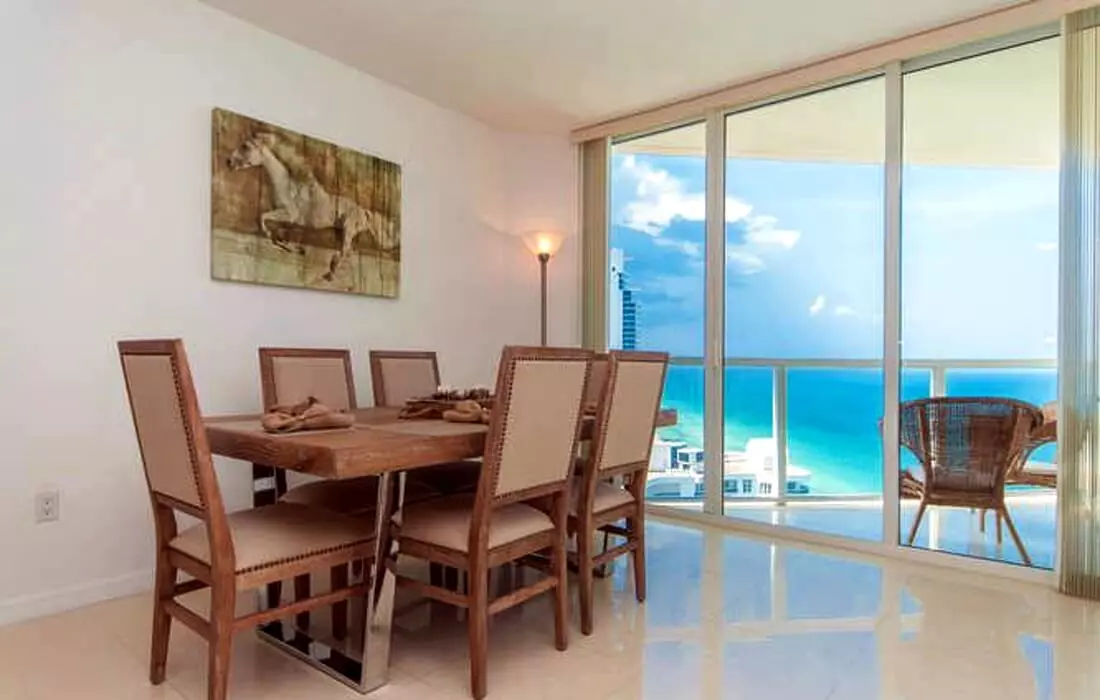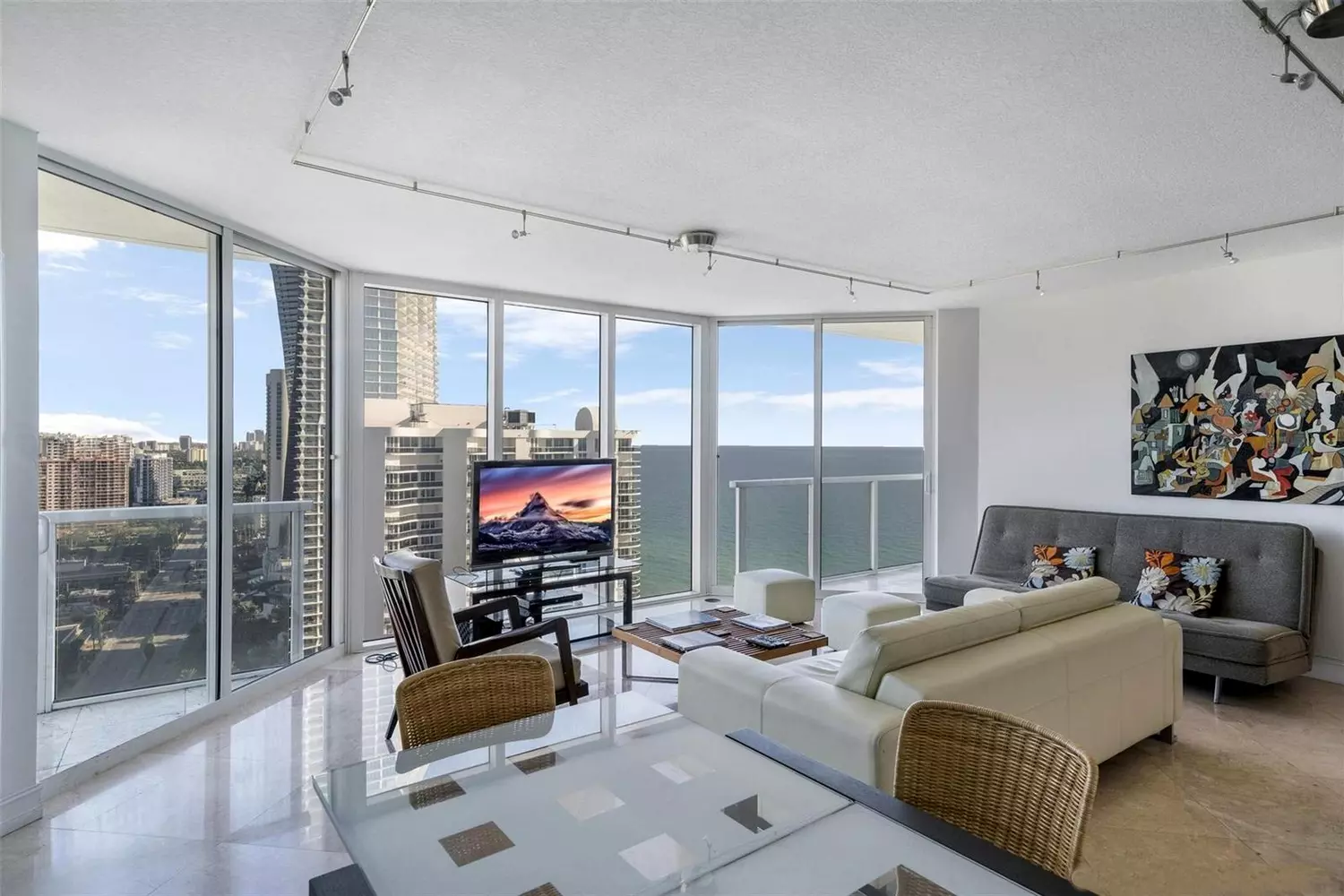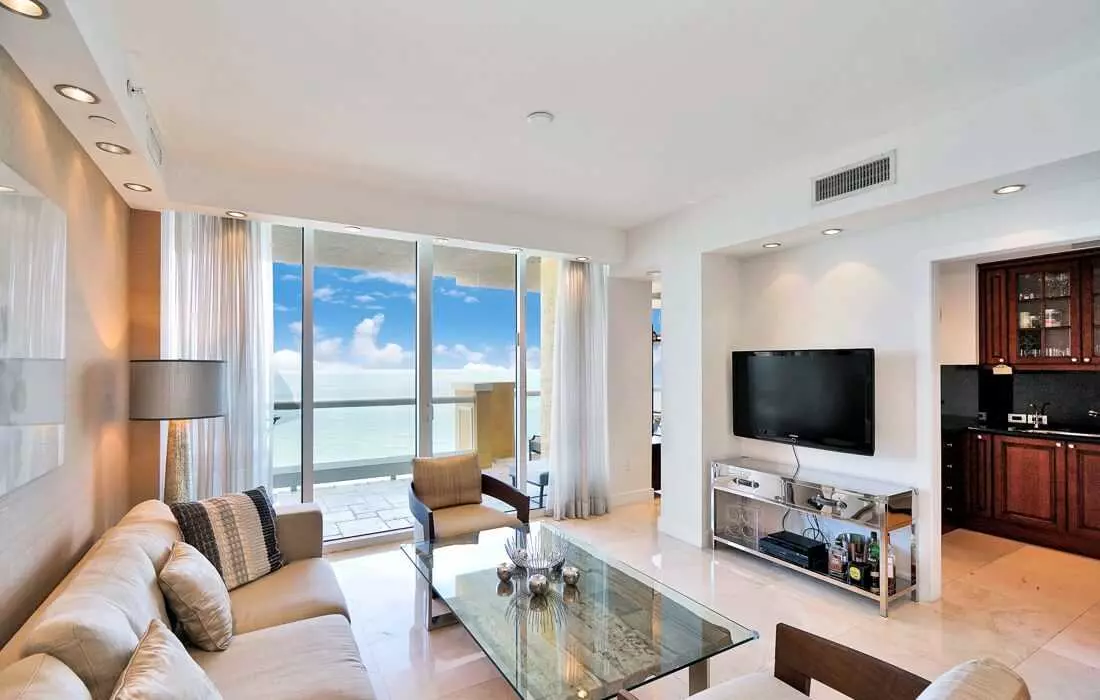You arrive in Miami. All around you: the ocean, palm trees, sunshine, restaurants, smiles. Everything feels as light as the Atlantic breeze. But just a couple of hours later, the first practical question arises: where to live?
Hotels are expensive. Airbnb is unpredictable. And if you've come for a long stay — with children, for work, or to spend the winter in Florida — the best option is obvious: renting an apartment in Miami.
This city has long since ceased to be just a resort. Miami is:
- One of the largest business hubs in the USA;
- An international educational center;
- A point of attraction for digital nomads, investors, families, and start-uppers.
People study here, build businesses, have children, open branches, and, of course, relax. Therefore, renting an apartment is not just about comfort. It's about control. About flexibility. About the opportunity to live like a local, not a tourist.
In this article, we will explain how the rental market in Florida works, what options are available, what to pay attention to, and why with American Butler you can rent accommodation without stress and overpayment.
How the Miami Housing Rental Market Works
Renting real estate in Miami is a separate world with its own rules, laws, and nuances. Everything here is clearly regulated and structured differently than in many other countries. The main thing is to know the system and be able to navigate it.
Unlike the familiar "for rent by owner" approach, Florida operates with a formalized and, at first glance, bureaucratic system. But if you understand it, it's not designed to complicate life but to protect the interests of both parties — the tenant and the landlord.
What's Important to Know About the Miami Rental Market:
- Almost all properties are rented through agents. Simply finding an apartment through "connections" or online classifieds won't work here – licensed brokers handle this.
- Everything is done through a contract. No self-respecting landlord will sign an agreement on a napkin. The contract specifies every detail: from terms and deposit to living rules and utility payments.
- Oversight by associations. Many residential complexes are managed by HOAs — Homeowners Associations. They conduct "interviews" with potential tenants and can even refuse without explanation.
- Renting isn't always easy. Even if you're ready to pay, it doesn't guarantee approval, especially if you don't have an American credit history, Social Security Number, or stable income in the USA.
- Without English, it's difficult. All communication with landlords and associations is in English. Documents, letters, house rules – everything will be in English only.
But! All of this is not a reason to give up on the idea of renting accommodation in Miami. It's just better to understand the rules of the game in advance and work with professionals who already know how this system works.
Choosing a Neighborhood: Where to Live in Miami
Choosing a neighborhood in Miami is not just a matter of geography. It's a matter of lifestyle, convenience, safety, and your goals.
Miami is a city of contrasts: here you can live on the coast with an ocean view, in a business skyscraper, in a quiet residential area, or in an art district with exhibitions and street jazz. The main thing is to choose the neighborhood that suits you best.
Overview of Neighborhoods for Rent
Miami Beach
- Ideal for those who want to live by the ocean.
- Resort atmosphere, beaches, nightlife, restaurants.
- An excellent choice for vacation, winter stays, or short-term rentals.
Brickell
- The financial heart of the city.
- Modern condominiums, business environment, developed infrastructure.
- Suitable for those who work downtown and appreciate comfort and style.
Sunny Isles Beach
- Popular among families, especially Russian-speaking ones.
- Quiet, safe area with good schools and parks.
- Often chosen for long-term rentals and relocation with children.
Wynwood
- Creative district famous for street art and cafes.
- Suits young, free spirits and those who appreciate a non-standard approach.
- Less touristy but rich in cultural life.
Aventura
- Area with large shopping centers, parks, and prestigious condos.
- Good for families and those who want to live peacefully but close to everything they need.
- Often rented for medium- and long-term periods.
Advice: If you are not sure which area to choose, we at American Butler are always ready to explain the pros and cons of each. We live here, know the city inside out, and will help you find a location that fits your needs — whether it's for study, business, beach relaxation, or moving with your family.
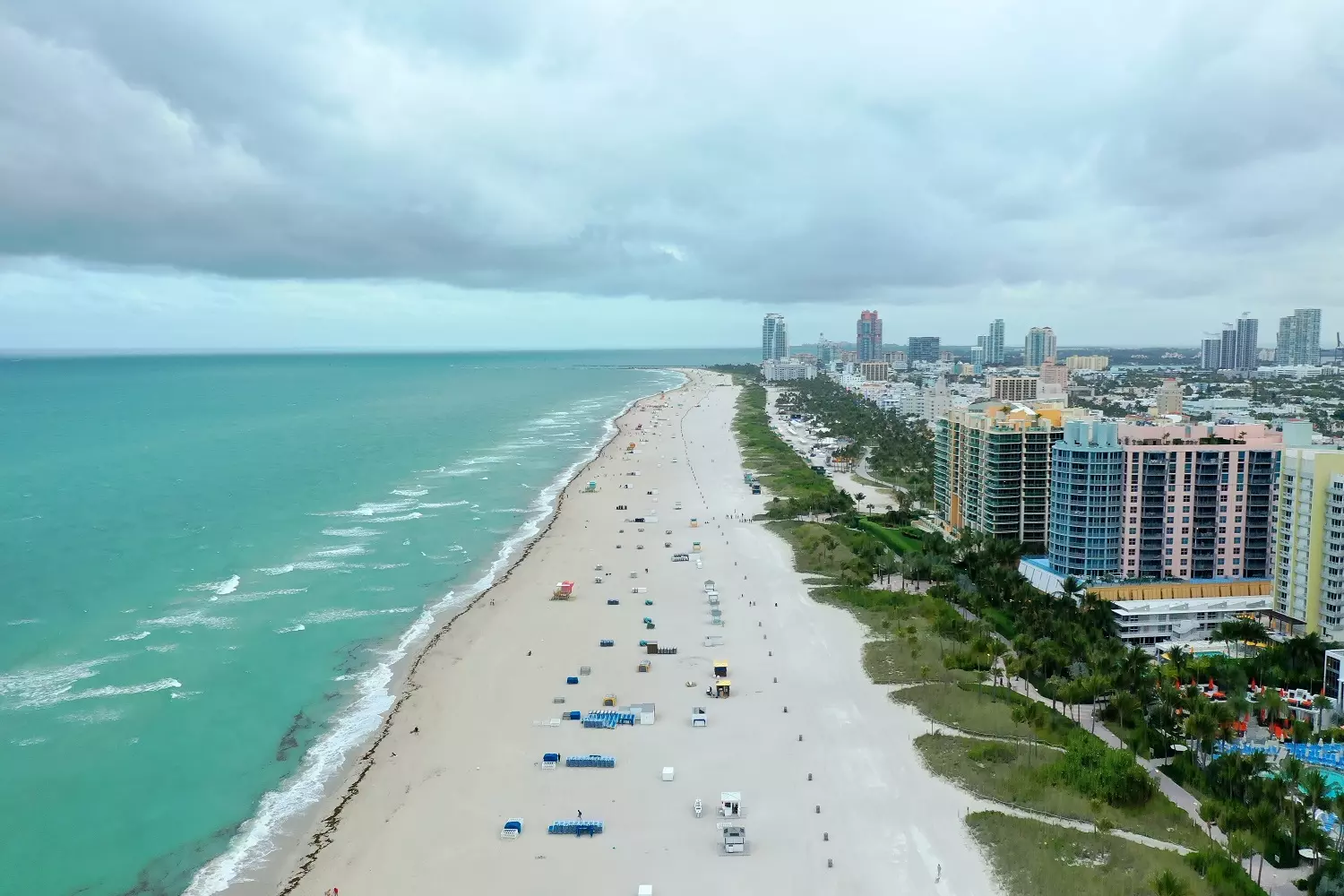
Types of Apartment Rentals in Miami: Which One is Right for You?
Whether you're coming to Miami for a couple of weeks, a season, or planning to stay long-term, it's important to understand which rental format suits your needs. The Florida real estate market clearly distinguishes three main types of rentals: short-term, mid-term, and long-term. Each has its own characteristics, rules, and nuances.
Short-Term Rental — From a Few Days to 1 Month
This format is suitable for:
- Tourists coming for vacation;
- Guests of exhibitions and events;
- Those looking for temporary accommodation.
Features:
- Most common for private houses, apartments, or serviced apartments (condo-hotels).
- Many complexes prohibit renting for less than 30 days.
- A short-term rental license (for the owner) may be required.
- Strict regulation and control by associations in some areas.
- Often more cost-effective to take a hotel or use Airbnb for periods shorter than 10–14 days.
Mid-Term Rental — From 1 to 6 Months
Ideal for:
- Winter stays in Florida;
- Digital nomads and remote workers;
- Families looking for housing before buying;
- Students attending short-term programs.
Pros:
- More flexibility in terms of duration;
- Possibility to rent a furnished apartment;
- Often do not require a full credit history.
Important to remember: In some condominiums, the minimum rental period is 3 to 6 months, and this is regulated at the association level.
Long-Term Rental — From 6 to 12 Months and Longer
The most cost-effective and stable option.
Suitable for:
- Relocators and new residents;
- Students in long-term education programs;
- Families moving to Miami;
- Businesspeople and entrepreneurs.
Advantages:
- Lowest prices compared to short-term rentals.
- Opportunity to "fit in" with the residential complex community.
- Reliable contract that protects both parties.
But! Long-term rentals most often require:
- Proof of income or bank statements;
- Credit history report or a guarantor;
- Interview with the homeowners association.
Don't know which format suits you?
We will help you calculate the duration, find accommodation, and explain what really works in your case. Because in Miami, renting isn't just about "renting an apartment" – it's a system you need to understand.

What Documents Are Needed for Renting
Renting accommodation in Miami is not a "handshake deal." Everything here is strictly according to the rules, and the first step after choosing an apartment is preparing the documents. Even if you are ready to pay for a year in advance, this does not negate the requirements of the landlord or the homeowners association.
Mandatory Documents for the Tenant:
- 01.International Passport / ID
A document confirming your identity is mandatory. - 02.Financial Statement / Proof of Solvency
This can be:- Bank statement.
- Letter from employer.
- Tax return.
- Confirmation of income (for self-employed individuals or freelancers).
- 03.Contact Information and Application Form
Usually, an application form with the tenant's information is filled out: name, citizenship, purpose of visit, presence of pets, children, etc. - 04.References (if possible)
If you have previously rented accommodation in the USA, you can provide contact information for previous landlords or property managers. - 05.Social Security Number (if applicable)
For those who already live in the USA. If you don't have an SSN, it's not a problem, but a larger deposit may be required. - 06.Documents for a Co-signer / Guarantor (if needed)
Sometimes, in the absence of income or credit history, a guarantor is required – an individual who "guarantees" payment in case of unforeseen circumstances.
What Will Definitely Be in the Lease Agreement
Contract (lease agreement) — the main legal document signed by the tenant and the landlord. It specifies:
- Full details of both parties
- Property address
- Lease term
- Cost and payment dates
- Security deposit amount
- List of property and furniture
- Who pays for utilities and communication services
- House rules (noise, guests, pets, etc.)
- Conditions for termination and renewal
Important: The contract is drawn up only in English. We recommend signing the agreement only after a full legal review – at American Butler, we always check all documents and explain every clause to the client, especially what is written in the "fine print."
Miami Rental Listings
How the Rental Process Works: Step-by-Step
Renting an apartment in Miami is a process where everything is step-by-step and documented. There's no "called, agreed, moved in" here. Even short-term rentals go through official channels, especially when it comes to a full apartment, not a hotel or Airbnb.
To avoid misunderstandings, delays, and rejections, it's important to understand what a typical rental process looks like.
Step 1. Application and Consultation
You leave an application or contact an agent. It's important to specify immediately:
- Rental period;
- Desired area;
- Budget;
- Apartment requirements (furniture, parking, infrastructure, etc.);
- Family composition (children, pets, number of people).
At this stage, we at American Butler already filter out irrelevant options and offer only what will truly work.
Step 2. Selection and Preliminary Agreement
After clarifying your request:
- We send a list of apartments with photos and descriptions;
- If necessary, we organize a video tour or on-site visit;
- You choose a suitable option.
In parallel, we begin checking the complex's conditions and find out what requirements the HOA (homeowners association) or owner has.
Step 3. Documents and Interview with the Association
If you have chosen accommodation in a condominium or managed complex, you will be asked to:
- Fill out an application form;
- Provide documents;
- Pay a registration fee (usually $100–$150).
Often, an interview is conducted (in person or via Zoom). This is not an interrogation but a formality, although there are cases when residents are not approved without explanation. We check the likelihood of refusal in advance and submit the application correctly.
Step 4. Signing the Contract and Payment
After approval:
- The official lease agreement is signed;
- A security deposit is paid (usually 1 month's rent);
- The first month's rent is paid;
- You receive move-in instructions, keys, and access codes.
Step 5. Move-in and Support
On the day of arrival, our agent can meet you, show you how the appliances work, where the parking is located, how to use the elevator, etc.
We also stay in touch throughout your rental period — from household issues to reconnecting the internet.
Important: If you are renting accommodation for the first time, we take care of all the paperwork, translation, negotiations, and interaction with associations. You don't need to understand the documents or worry about language barriers.
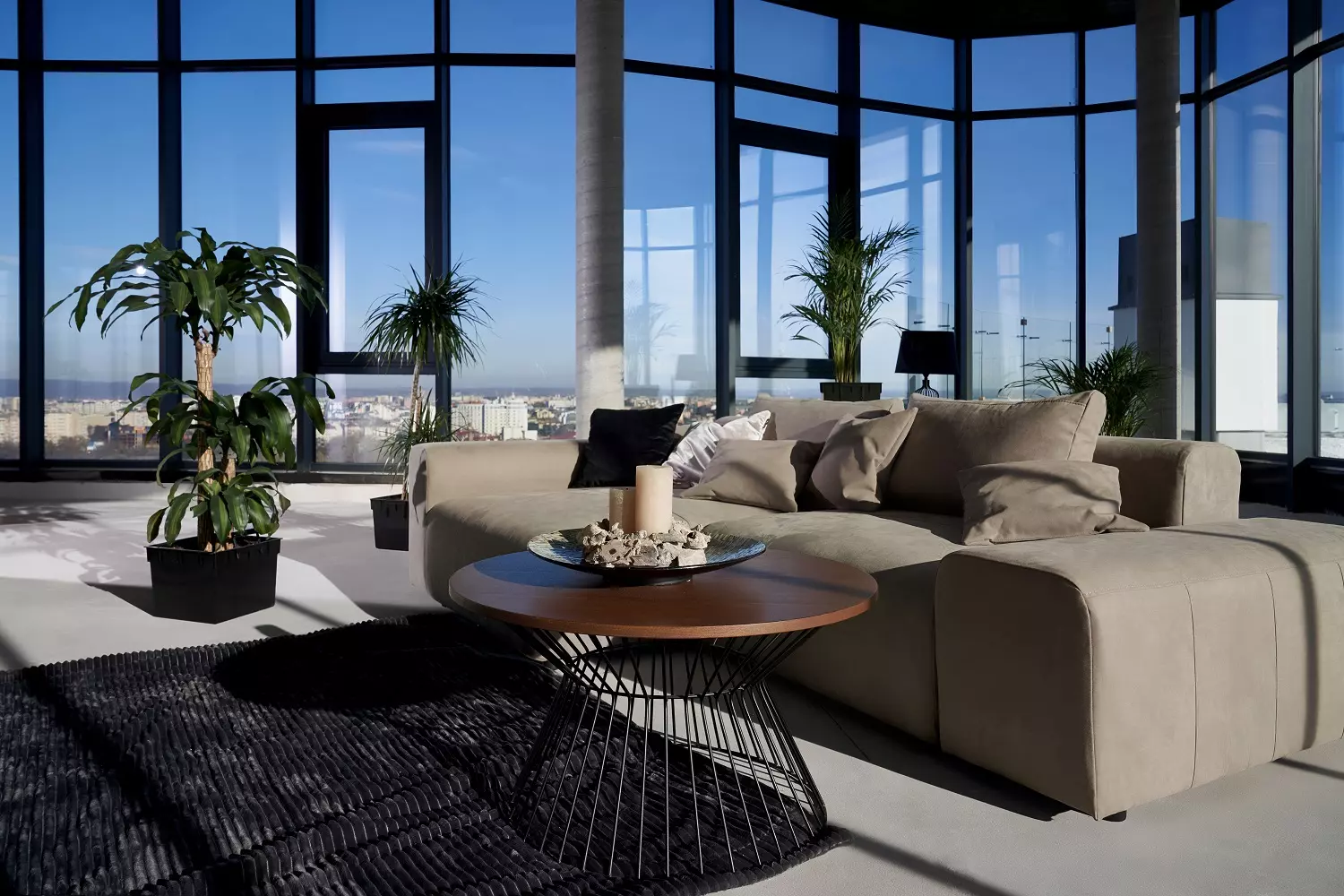
Why It's Better to Arrange Your Rental Through a Real Estate Agency
In theory, you can try to rent an apartment in Miami on your own. In reality, it almost always ends in either overpayment, stress, or a deal falling through.
The rental market in Florida is a complex system: with licensed agents, closed databases, homeowners associations, and legal nuances. To ensure everything goes safely, quickly, and without hidden pitfalls, it's wiser to turn to professionals.
What Working with an Agency Provides, Especially for a Foreigner:
- Verified Properties: You won't encounter "fake" listings or apartments with issues. We work only with trusted owners and know the history of the property.
- Time Savings: Instead of 40 calls about listings, visits, and confusion about rules, you receive 5–7 suitable options that match your request and are already approved for rental.
- Legal Protection: We review the contract, agree on all terms, warn you about "hidden pitfalls," and protect you from problems, including early termination, conflicts with the association or a neighbor.
- Negotiations in Your Interest: An agent is your representative. We conduct dialogue with the owner, discuss terms, ask for discounts, and negotiate additional options.
- Assistance at All Stages: From completing the application to moving in. We help with documents, adaptation, translation, recommendations for the area, daily life, medicine, schools, insurance, and much more.
American Butler is not just an agency.
It's a team that has been working in Miami for over 10 years and knows exactly what difficulties tenants from abroad face. We take full responsibility for the comfort and safety of our clients.
How Much Does it Cost to Rent Accommodation in Miami?
The cost of renting in Miami depends on many factors: the area, the lease term, the size of the apartment, its condition, the season, and even how lenient the homeowners association is.
But to be honest: Miami is not a cheap city, especially if you want to live by the ocean, with amenities, and without stress.
Average Apartment Rental Prices in Miami in 2025
In 2025, apartment rentals in Miami remain expensive – averaging around $2,800 per month, which is significantly higher than the national average. In prestigious areas like Brickell and Downtown, prices for a one-bedroom apartment reach up to $3,900, while in more affordable places like Little Havana, they start from $1,800. The market is gradually stabilizing: in the expensive segment, rentals are being offered with discounts, while in the suburbs, prices remain at the same level due to high demand.
💡 During the high season (December – April), prices can increase by 15–30%.
What is Included in the Rental Price?
- Furniture (in most apartments).
- Parking (depending on the building).
- Access to infrastructure: pool, fitness center, BBQ area.
- Security and reception.
- Partially — utilities (sometimes water and garbage are included).
Additional Expenses to Consider:
- Security deposit: usually equal to 1 month's rent.
- HOA registration fee: from $100 to $300 (one-time).
- Realtor fees: often paid by the owner, but there are exceptions.
- American Butler services: discussed in advance, depend on the package.
Is it Possible to Find Cheaper Accommodation?
Yes, if:
- You don't insist on an "ocean view."
- You are willing to move to areas further from the center.
- You are looking for a long-term lease.
- You work with an agent who knows how to negotiate 😉

What to Pay Attention to When Renting an Apartment in Miami
Miami is a city of opportunities, but it also has its nuances. To avoid unpleasant surprises, we've gathered practical tips and life hacks from our many years of experience. These details are not always obvious to newcomers, but they can significantly impact your comfort and... your wallet.
The Most Common Mistakes Renters Make:
- Ignoring Homeowners Association (HOA) Requirements
Many complexes require not only a lease agreement but also personal approval. You may not be allowed into the property even if everything is paid for. - Renting "Based on Photos" on Questionable Websites
Beautiful online listings can hide either intermediaries or completely non-existent properties. - Not Reading the Contract to the End
Points about early departure penalties, security deposit return conditions, and house rules (quiet after 10 PM, no subletting, etc.) are especially important. - Not Clarifying What's Included in the Rent
Sometimes utilities are paid by the tenant, sometimes by the owner. Questions about internet, parking, cleaning — all of this needs to be discussed before signing. - Overestimating Their Rights as a Tenant
The law protects both parties, but in the USA, often more so the owner. Don't assume that "if I paid, I can do whatever I want."
Useful Tips from American Butler
- Always check if short-term rentals are allowed — some buildings prohibit them.
- Try to sign a lease for at least 3 months — you'll have a better chance of approval.
- Clarify if pets are allowed if you have a pet.
- Ask about noise levels: some buildings are located right by highways or nightclubs.
- If English is not your strong suit, do not sign the contract without translation and explanation.
We always advocate for the client.
All the apartments we work with undergo legal and visual verification. You know exactly where you will live and what you will get for your money.
Why Renting with American Butler is Worth It
There are many realtors in Miami. But we are not just realtors.
American Butler is a new format agency: we combine concierge-level service with a deep knowledge of the American real estate market and an understanding of the needs of Russian-speaking clients.
What you get by renting with us:
- Individual Approach: We don't offer "what's available." We look for what suits you specifically — in terms of duration, budget, area, and lifestyle.
- Direct Access to Owners: We have access to a database of apartments not listed on public platforms and good relationships with property owners.
- Assistance at Every Stage: From the first call to signing the contract, moving in, and living in the apartment. We are there for you. We translate, explain, and handle the paperwork.
- Transparent Terms: No hidden fees, sham contracts, or "booked but unavailable" apartments.
- Turnkey Services: In addition to renting, we organize:
- Transfers and meet-and-greets
- School and neighborhood tours
- Utility hookups
- Adaptation assistance
💬 "It's a pleasure and safe to work with you" is a phrase we hear from clients most often. And we are proud of it.
Ready to Rent an Apartment in Miami?
You already know how the Miami rental market works, what documents are needed, which areas will suit you best, and where to start. The simplest thing left is to take the first step.
Renting an apartment in Miami is real, safe, and beneficial — if you act with those who know how the system works from the inside.
American Butler will help you go through the entire process from application to move-in — calmly, transparently, and without stress.
What we can do for you:
- Find the ideal accommodation for your request.
- Negotiate with the owner.
- Verify the legal validity of the contract.
- Organize transfer and move-in assistance.
- Stay in touch with you throughout the entire lease term.
Leave a request right now — and receive a selection of available apartments today.














